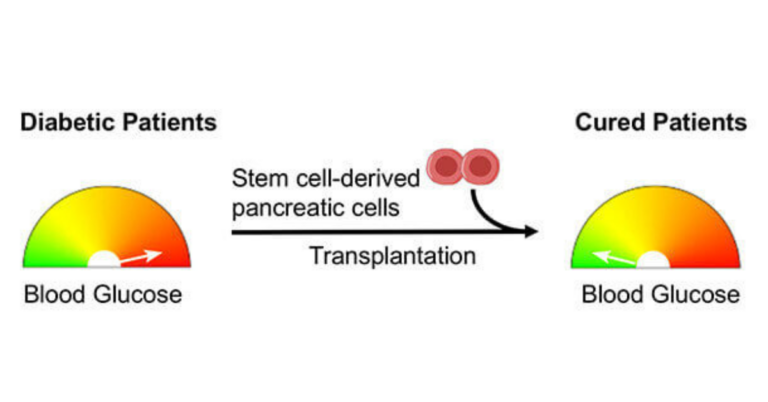The Role of Bioinformatics in Precision Medicine: Leveraging Big Data for Personalized Treatment
Bioinformatics plays a crucial role in advancing the field of precision medicine by integrating biological information with computational tools to analyze and interpret complex data. With the vast amount of genetic information available today, bioinformatics tools help in identifying genetic variations that are relevant to disease susceptibility, progression, and treatment response. By utilizing sophisticated algorithms and software, researchers are able to pinpoint specific genetic markers that can guide healthcare providers in delivering personalized treatment plans for patients.
Furthermore, bioinformatics enables the integration of various types of biological data, such as genomics, proteomics, and metabolomics, to create a comprehensive understanding of an individual’s health profile. This multidimensional approach allows for a more holistic view of the underlying mechanisms of diseases, leading to tailored therapies that target the specific molecular pathways involved in each patient’s condition. As bioinformatics continues to evolve and improve, it holds the promise of revolutionizing the practice of medicine by enabling healthcare professionals to make informed decisions based on a patient’s unique genetic makeup and biological characteristics.
Understanding the Role of Genomics in Personalized Treatment
Genomics plays a pivotal role in revolutionizing the field of personalized treatment. By analyzing an individual’s genetic makeup, healthcare providers can gain a deeper understanding of their unique genetic variations that may influence disease susceptibility, treatment response, and medication metabolism. This information allows for the customization of treatment plans to cater to the specific needs of each patient, leading to more effective and targeted therapies.
Incorporating genomics into personalized treatment strategies has the potential to improve patient outcomes and enhance overall healthcare delivery. By utilizing genetic data, healthcare professionals can identify genetic markers that are associated with certain diseases, allowing for early detection and intervention. This proactive approach not only aids in disease prevention but also enables healthcare providers to prescribe medications that are more likely to be effective for individual patients based on their genetic profiles, reducing the risk of adverse reactions and optimizing treatment efficacy.
The Importance of Data Analysis in Tailoring Therapies
In the realm of modern healthcare, the application of data analysis has become paramount in tailoring therapies to individual patients. By carefully scrutinizing vast amounts of patient data, healthcare providers can pinpoint the most effective treatments based on a person’s unique genetic makeup and medical history. This personalized approach, made possible by advanced data analysis techniques, ensures that patients receive targeted therapies that are more likely to yield positive outcomes.
Moreover, the utilization of data analysis in tailoring therapies not only enhances treatment efficacy but also contributes to cost savings within the healthcare system. By streamlining the process of treatment selection through data-driven decisions, healthcare providers can minimize the likelihood of trial-and-error approaches that may result in unnecessary medical expenses. This targeted and efficient methodology not only benefits patients by offering personalized care but also promotes resource optimization in the delivery of healthcare services.
– Through data analysis, healthcare providers can identify the most effective treatments for individual patients
– Personalized therapies based on patient data lead to better outcomes
– Data-driven decisions in treatment selection help minimize unnecessary medical expenses
– Tailored therapies not only benefit patients but also optimize resources in healthcare delivery
How does bioinformatics impact precision medicine?
Bioinformatics plays a crucial role in analyzing large sets of biological data to identify patterns and trends that can help tailor therapies for individual patients, ultimately leading to more personalized treatment options in precision medicine.
Can genomics help personalize treatment for patients?
Yes, genomics can provide valuable information about a patient’s genetic makeup, which can be used to determine the most effective therapies based on their unique genetic profile.
Why is data analysis important in tailoring therapies?
Data analysis allows healthcare providers to make informed decisions about the most suitable treatment options for patients by analyzing various types of data, such as genetic information, medical history, and treatment outcomes.
How does personalized treatment benefit patients?
Personalized treatment can lead to better outcomes for patients, as it takes into account their individual characteristics and needs, resulting in more effective and targeted therapies that may have fewer side effects.







